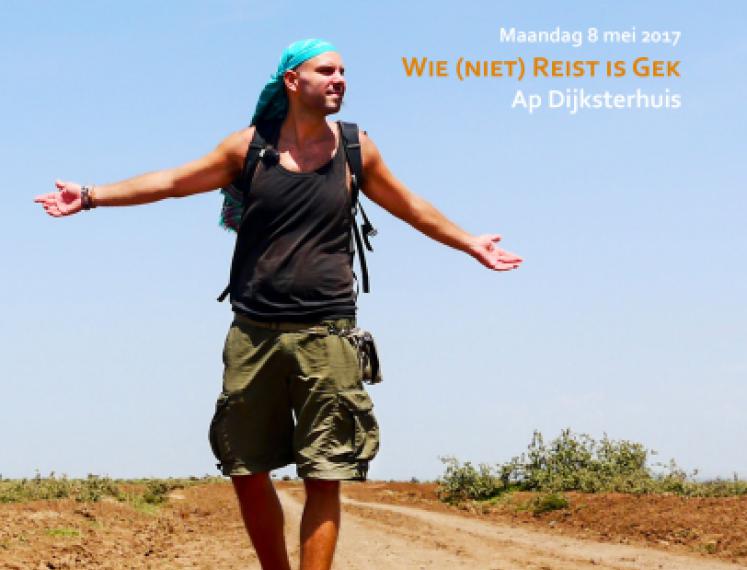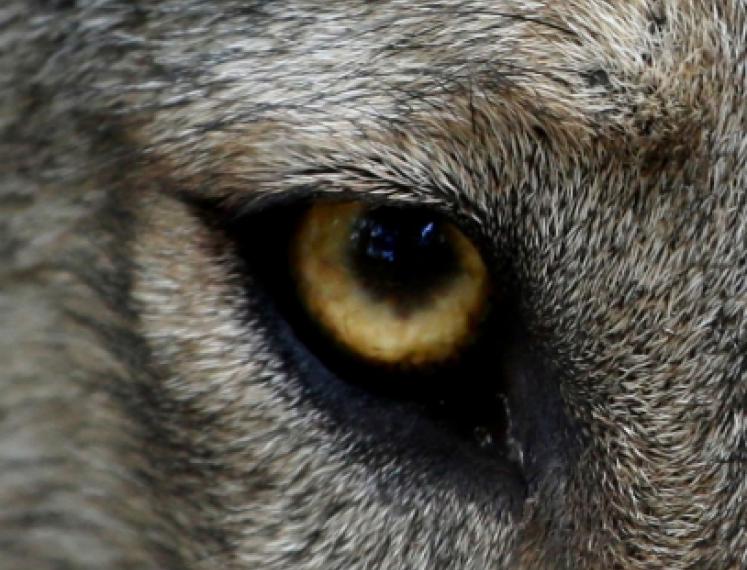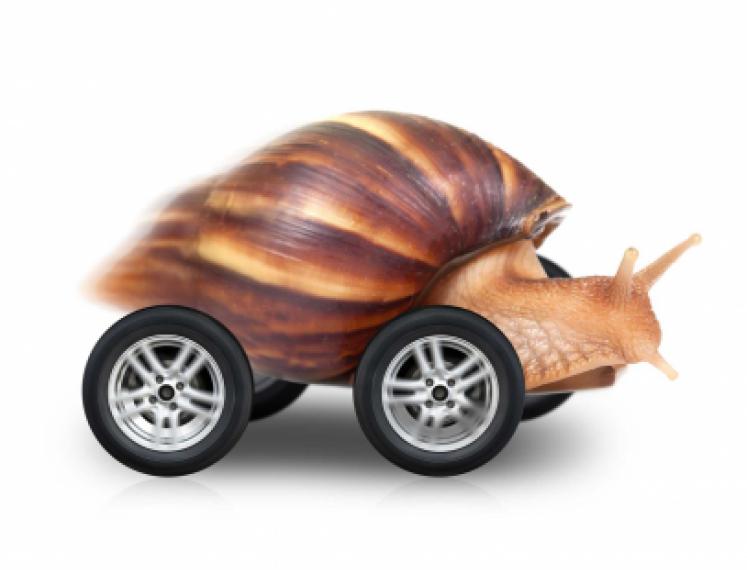Mind, Music and Amnesia
As a physician and a writer, Oliver Sacks is concerned above all with the ways in which individuals survive and adapt to different neurological diseases and conditions, and what this experience can tell us about the human brain and mind. The subject of his lecture in Groningen is: mind, music and amnesia. Dr. Sacks will describe the case of an extraordinary patient: a musician who became severely amnesic following a brain infection, who can hardly remember anything for more than a split-second, but is nonetheless able to sing, play the organ, conduct a choir, and learn new music without any difficulty. How is it possible that this man preserves all of his musical abilities, while losing almost all memories of his personal life? And is there something special, unique about music that causes it to be retained in the mind with such extraordinary tenacity?
Oliver Sacks was born in 1933 in London and earned his medical degree at Queen's College, Oxford. Since 1965, he has lived in New York, where he is clinical professor of neurology at the Albert Einstein College of Medicine and adjunct professor of neurology at the NYU School of Medicine.
In 1966 Dr. Sacks began working as a consulting neurologist for Beth Abraham Hospital, a chronic care facility in the Bronx where he encountered an extraordinary group of patients, many of whom had spent decades in strange, frozen states. He treated these patients with a then-experimental drug, L-dopa, which enabled them to come back to life. They became the subjects of his second book, Awakenings (1973), which later inspired a play by Harold Pinter (A Kind of Alaska ) and the Oscar-nominated Hollywood movie, Awakenings, with Robert De Niro and Robin Williams.
His books have been bestsellers around the world: The Man Who Mistook His Wife for a Hat (1985) , An Anthropologist on March (1995) and Uncle Tungsten: Memories of a Chemical Boyhood. (2001).



